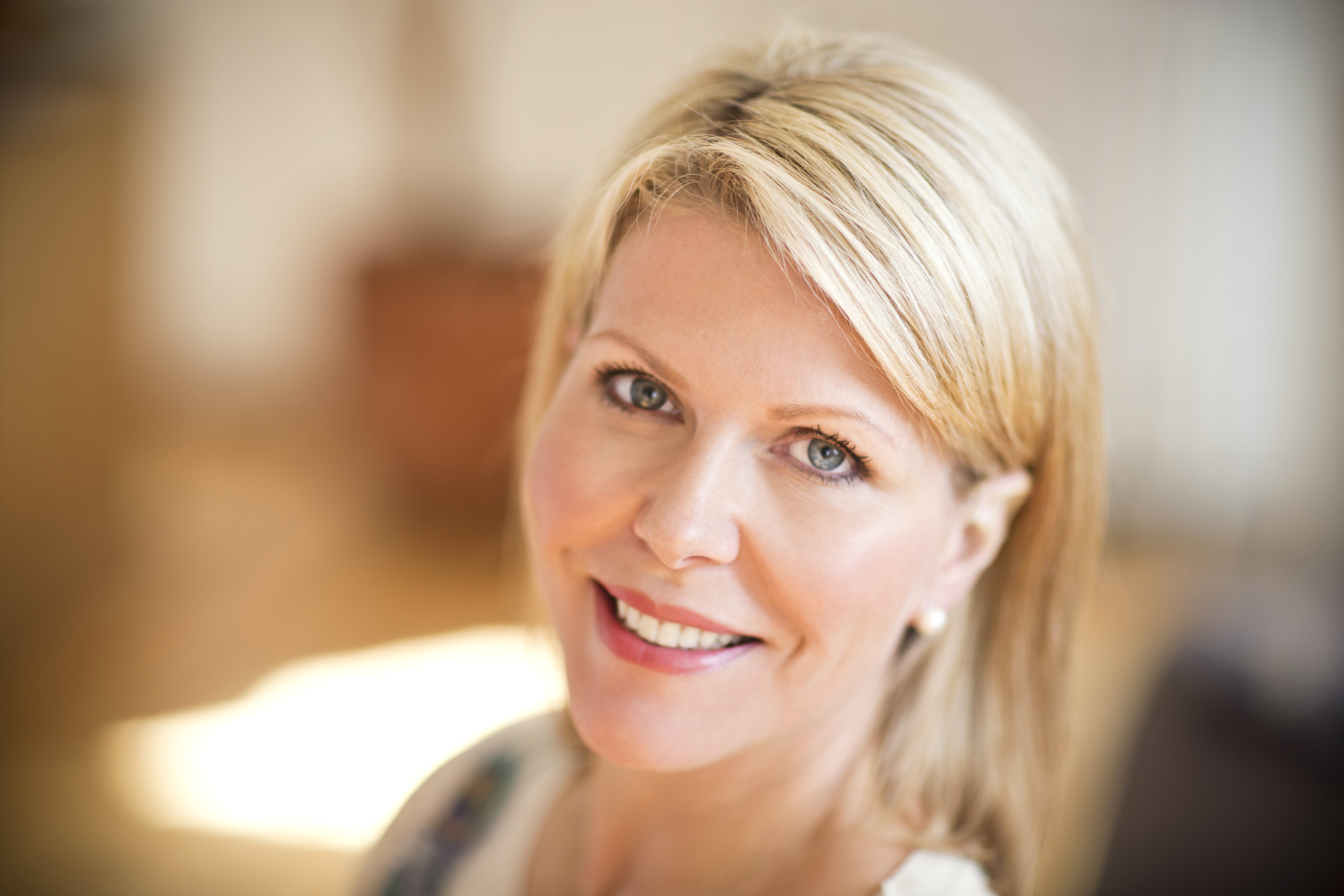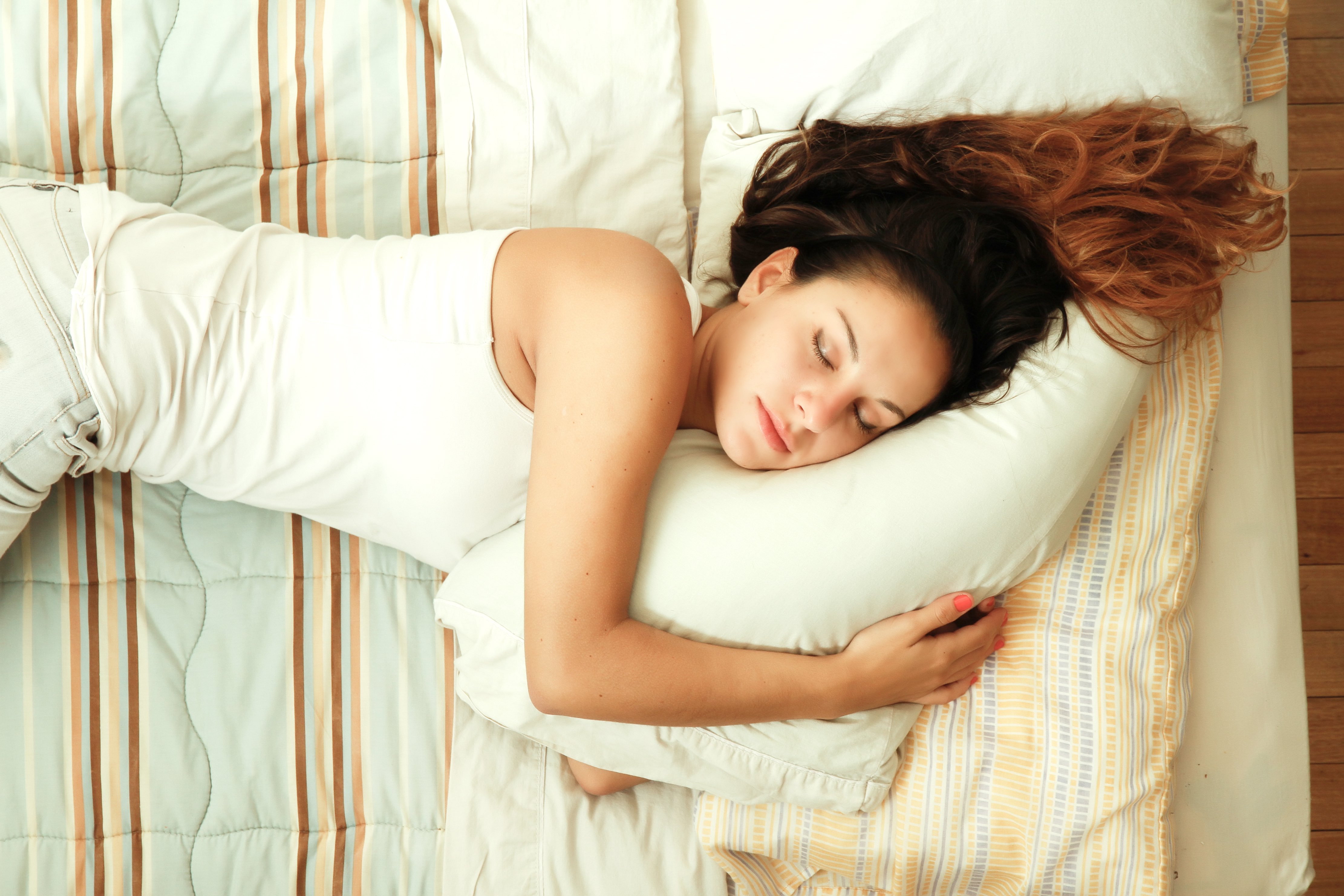Guest blog: how sleep deprivation is ageing your clients' skin
Kirsti Shuba, co-founder of British skincare brand Katherine Daniels Cosmetics, reveals the impact of poor sleep on the skin and how you can treat this issue in salon.
Beauty sleep is more than an expression. We know that sleep impacts our lives but it can also have a huge effect on our skin.
When treating a client who suffers from restless nights it’s important to remember that tired skin is unhappy skin, so vital functions won’t and don’t perform as they should and become less responsive to treatment.
What happens to clients’ skin when they sleep?
When we sleep our skin repairs and renews itself. However, without enough sleep the repair process is slowed and toxins and fluids are not drained correctly, meaning puffiness (especially around the eyes) and the GAG synthesis (production of collagen, elastin, hyaluronic acid etc) do not work to their full capacity.
The time for ultimate repair and renewal activity is around 1am. For optimal results, clients will need to have had approximately three hours sleep beforehand, meaning it is lights out at 10pm.
The reason is because of REM (rapid eye movement). This is your deepest sleep and during REM, your cells gets to work, getting your body ready for peak performance.
How can I help clients’ who suffer with poor quality sleep?
Using professional products will help put back what’s taken away or lacking in the skin. Ingredients such as red seaweed and blue micro algae help boost collagen and elastin and strengthen the skin’s defence mechanisms.
A suitable eye cream would be worth investing in too, but look for one with ingredients such as evodia rutaecarpa extract which will target dark circles and act as an anti-inflammatory. Persian silk tree extract will also help lift drooping eye lids and reduce wrinkle intensity.
What treatments are best suited for this clientele?
Having professional treatments in salon will also aid the skin, especially those that are designed to rehydrate using hyaluronic acid.
The best treatment, however, is to get better quality sleep. Mobile phones, tablets and TVs are probably the most common reason for clients' sleep problems – the blue light emitted from these devices is the same colour spectrum as day light, which makes the body kick start melatonin production and think it’s day time. Tell your client to avoid using them by 9pm.
Alcohol is also an REM inhibitor meaning you do not go into your deep sleep, which prevents the repair and renewal activity within our bodies.
A relaxing bubble bath with lavender and camomile should also help your client drift off.
 Kirsti Shuba is co-founder of British skincare brand Katherine Daniels Cosmetics, which she founded with Donna Tait. Shuba grew up in the beauty industry, trained as a therapist and has worked for 30 years as distributor, trainer and now product developer.
Kirsti Shuba is co-founder of British skincare brand Katherine Daniels Cosmetics, which she founded with Donna Tait. Shuba grew up in the beauty industry, trained as a therapist and has worked for 30 years as distributor, trainer and now product developer.


